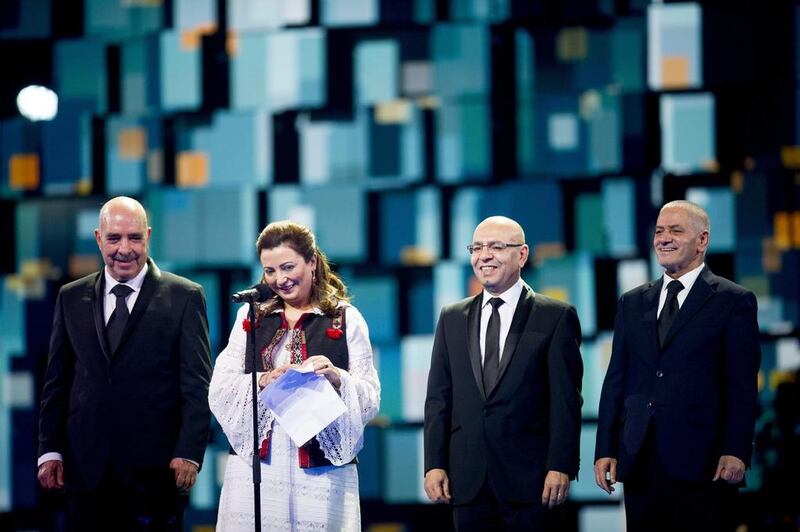On October 9, Seifeddine Khardani, a cigarette seller, burnt himself to death in the southern Tunisian city of Sfax. Like Mohamed Bouazizi before him, the fruit seller whose self-immolation sparked the Arab Spring in 2010, Khardani’s last gesture showed the powerless frustration of those at the base of the economy and highlighted the inequalities that still persist in Tunisia.
Khardani’s act came shortly after the Nobel Peace Prize was announced to the Tunisian National Dialogue Quartet, of which the most prominent member is the Tunisian General Labour Union (UGTT). The prize celebrated the Quartet’s political activity and helped to reinforce a narrative propagated by the current syndicate leadership of its prominent role in the uprising.
Since its establishment in 1946, the UGTT has managed to focus on workers’ rights and marry this with a strong political role in the country’s internal affairs. In the decades after independence it survived thanks to political pragmatism.
The national leadership became more and more entrenched with the arrival of Zine El Abidine Ben Ali in power. The union sought to defend collective contracts, but it let pass, almost unchallenged, Tunisia’s economic liberalisation process.
Mr Ben Ali’s economic model shaped a Tunisia with two faces: on one side, the relative wealth of coastal towns and the capital, and on the other side underdeveloped rural areas where, like in Sidi Bouzid, Bouazizi’s town, the unemployment rate stood at 40 per cent. It was no coincidence that the 2010 uprising and even major incidents of social unrest before that date always came from underdeveloped regions.
That was the case for the Revolt of the Gafsa Mining Basin in 2008 and of the events at the end of 2010.
In both instances, regional bureaus and local trade unionists and militants played an important role in the organisation of the unrest, while the national executive committee were cautious in backing their demands.
The union maintained its political role after 2011 and focused on increasing workforce wages. The UGTT leadership took important political stances and helped establish a national dialogue, even if the fight of the union was predominantly against the elected government.
By playing a prominent political role, threatening their opponents with strikes and maintaining certain predominance among most of the workers, the UGTT managed to achieve considerable power.
But considering the powerful position it had managed to establish, the union seemed uninterested in challenging the model of economic inequality that had characterised the Ben Ali era.
The Tunisian government and the National Dialogue Quartet asked recently for more funds from the International Monetary Fund. Separately, the World Bank toured Tunisia at the beginning of November to implement its development agenda.
Bouazizi – whose act of self-immolation occurred five years ago tomorrow – represents the unheard voices of Tunisia’s casual workers and the unemployed. Unfortunately, only a small part of the syndicate appears interested in defending this fragile part of the population.
No doubt UGTT’s focus on political activity has helped the country towards stability. Certainly, there’s no reason not to celebrate the continuous struggle of the syndicate for improving the wage of workers. But as the commentator Beatrice Hibou suggested a few months after the uprising in 2011, the simple focus on wages has been good, but has been to the detriment of spending of the state budget for the benefit of more people or of developing structural projects for impoverished areas.
By focusing on national politics, without touching the root causes of the uprising and the economic structure of country, UGTT may have missed the opportunity to use its power to achieve real change. The uprising in 2011 asked for “bread, freedom and dignity” for all Tunisians, not for a general “increase in wage” for professional workers. As a major social force in the country, the UGTT needs to reconcile with its past and challenge the inequalities rooted in the country’s current economic model of development.
Massimo Di Ricco is a lecturer at the Universidad del Norte in Barranquilla in Colombia and research fellow at the University of Tarragona, Spain





